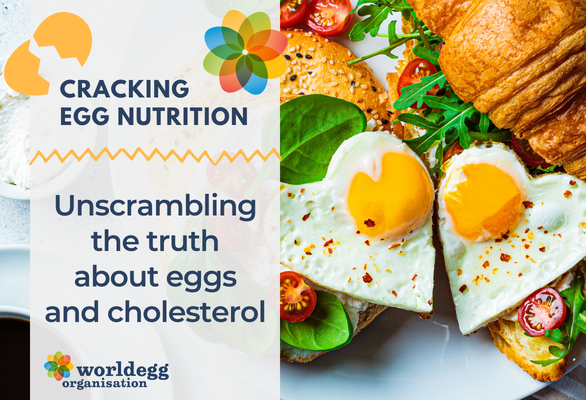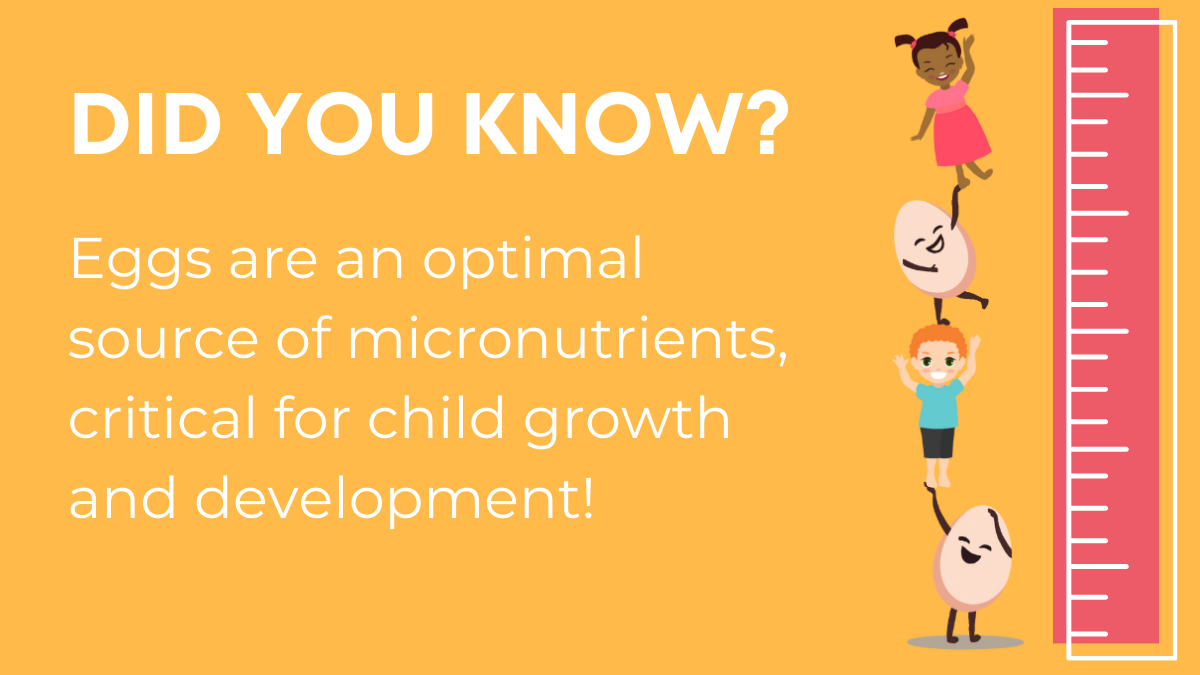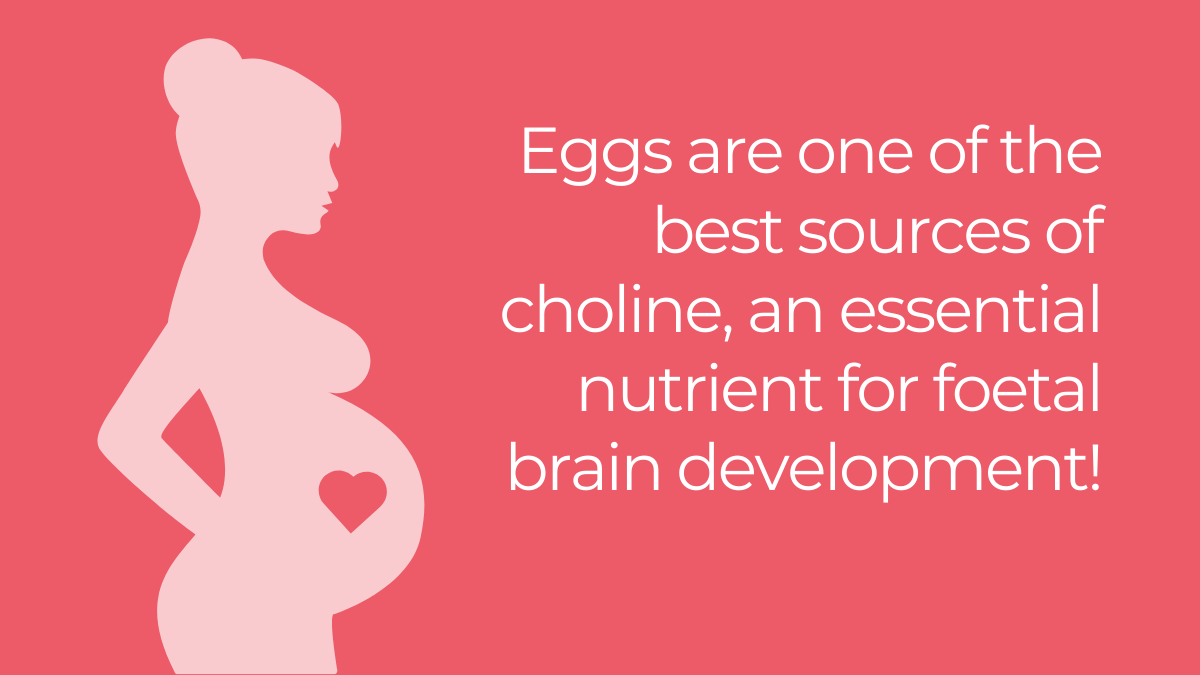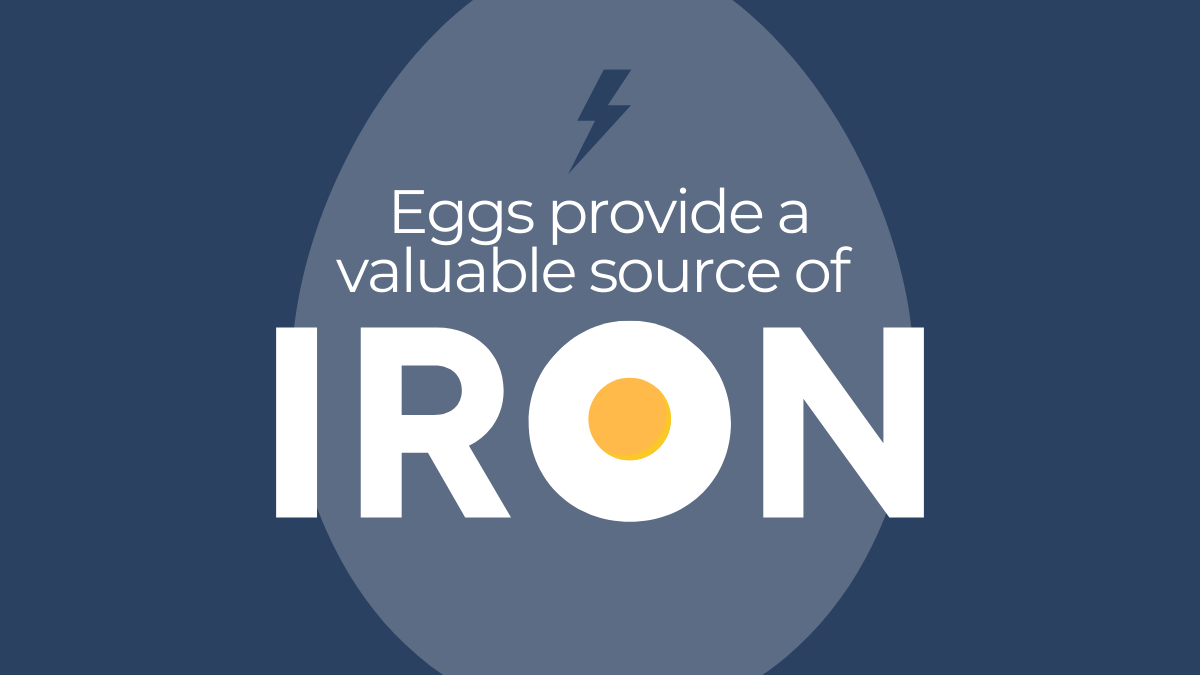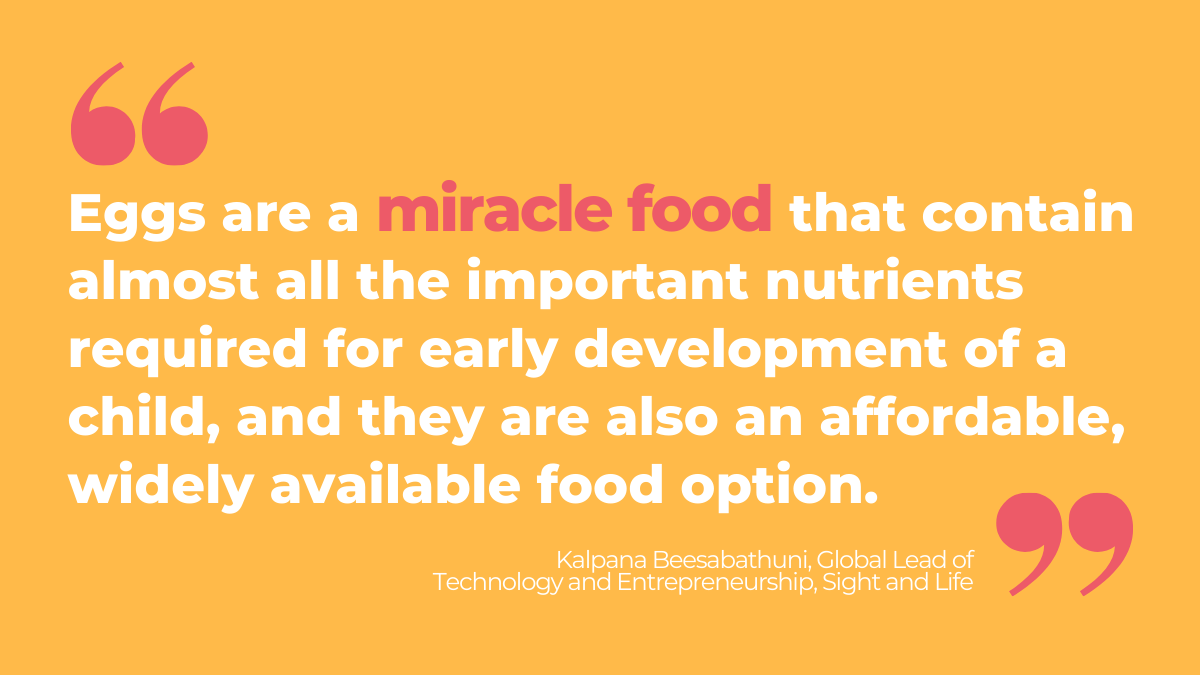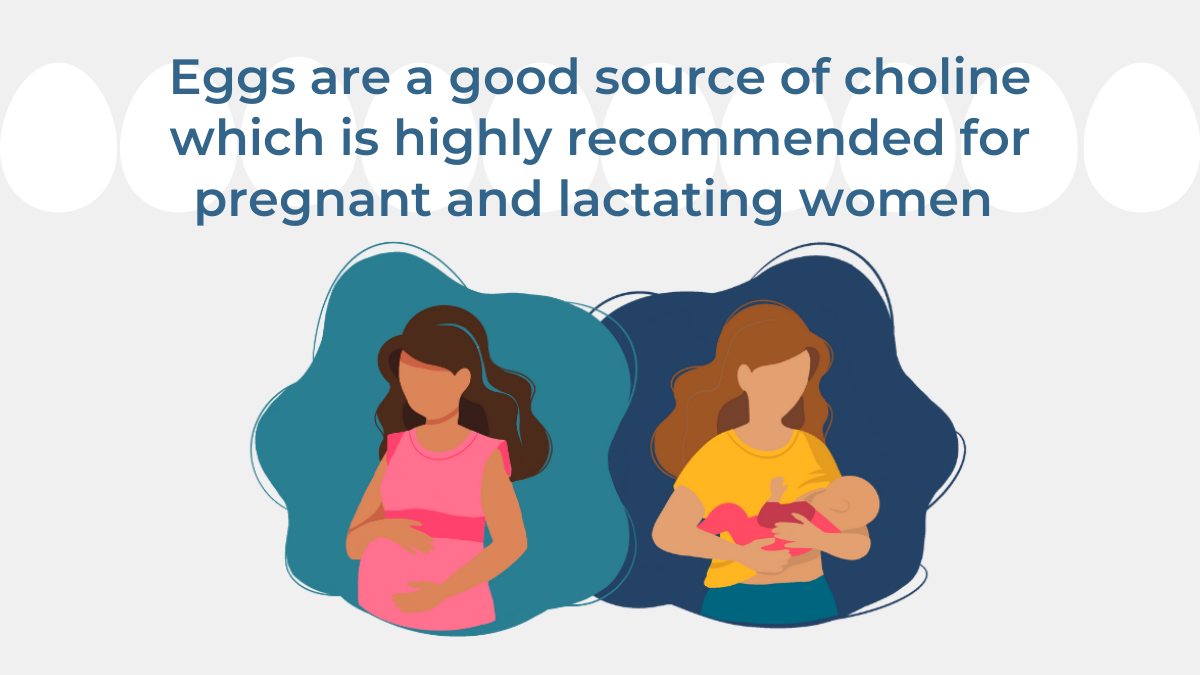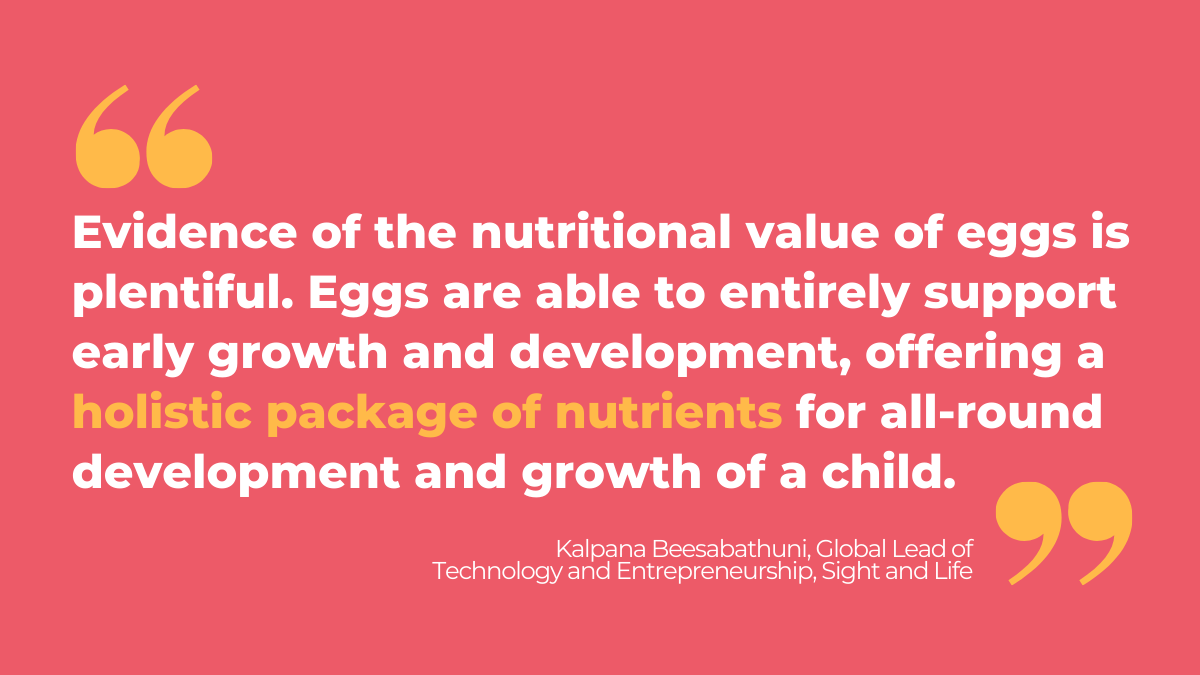Cracking Egg Nutrition: Fuelling futures in the first 1,000 days
The first 1,000 days, from conception to a child’s second birthday, offer a critical window of opportunity to shape a child’s development and fuel their future.
Globally, approximately 22% of children under 5 years old are stunted as a result of inadequate nutrition during this critical time1. In this article, discover why these early moments matter so much, and how eggs have the power to transform lives and nourish human potential.
Why is nutrition in the first 1,000 days so important?
Good nutrition is important at every stage of life, but has the most dynamic impact in the first 1,000 days (during pregnancy and first two years).
Kalpana Beesabathuni, member of the International Egg Nutrition Centre’s (IENC) Global Egg Nutrition Expert Group and Global Lead of Technology and Entrepreneurship at nutrition think tank, Sight and Life, explains: “This is the time when the foundations of an individual’s growth and neurodevelopment for the whole lifetime are laid down2.”
“During pregnancy and early childhood, cells of the foetus/child grow, both in size and number, at a rapid rate. This requires a steady and increasing source of nutrients3.”
The first 1,000 days establish a foundation of health across the lifespan. In fact, studies show that feeding practices at this early age influence food preferences and lifelong dietary patterns4.
“A lack of good and adequate nutrition during this phase will weaken the very foundations of health for an individual, leading to inadequate brain development and eventually resulting in poor health and early mortality3.” adds Ms Beesabathuni.
Research suggests that undernutrition from the outset can increase the risk of suffering from metabolic syndrome, obesity, diabetes, cancer and heart disease in later life5.
The building blocks of life: three crucial stages
The first 1,000 days can be divided into three crucial stages: pregnancy, infancy and toddlerhood.
The nutrition that a baby gets through its mother’s diet during pregnancy is the fuel that drives much of its cognitive growth: “Since the brain development of a child starts from the mother’s womb, what the mother eats during pregnancy has a huge impact on the child’s health and life6.” Explains Ms Beesabathuni.
Therefore, when a mother lacks adequate calories, protein, fatty acids and key micronutrients at this stage, it can have a significant impact on the child’s brain development and cognitive processes7.
Ms Beesabathuni clarifies that, while all nutrients are important for a child’s development, there are specific nutrients that play a critical role during pregnancy, including iodine, folic acid, iron, folate, choline, zinc, and vitamins A, B6, B12, D. She adds: “An expecting mother should also include protein and essential fatty acids in her diet8,9.”
During the first year of a child’s life, referred to as infancy, the brain develops motor functions such as balance, coordination and posture. This is also an important time for certain brain connections which enable the child to create and retrieve memories7. Therefore, it is crucial for a child to receive the right nutrients in order to fuel this growth.
In the toddler stage, a child’s brain and body continues to grow and develop at a rapid pace. In particular, protein, iron, zinc and iodine are essential in the second year of a child’s life.
Eggs: a star ingredient for fuelling futures
Eggs are an ideal food to meet nutritional demands at all three stages of the first 1,000 days, Ms Beesabathuni confirms: “Eggs are a miracle food that contain almost all the important nutrients required for early development of a child, and they are also an affordable, widely available food option10,11.”
One large egg contains 13 essential nutrients and 6g of high-quality protein12, fulfilling a significant proportion of a child’s daily nutritional needs. “For a healthy infant between 7 and 12 months of age, one 50g egg provides 57% of the Recommended Dietary Allowance (RDA) for protein.” Explains Ms Beesabathuni, “It also provides over 50% of the RDA for vitamins E, B12 and choline; between 25% and 50% of the RDA for pantothenic acid, vitamin B6, folate, phosphorus, and selenium; and just over 20% of the requirement for zinc.”
Eggs are one of the few natural sources of choline, an under-consumed yet vitally important nutrient for cell function, brain development and prevention of birth defects13. In fact, just two large eggs contain over half the recommended daily amount of choline for pregnant women12, 14.
Ms Beesabathuni also describes how eggs can be a very valuable source of nutrition during lactation: “Eggs are like nature’s multivitamin! Maternal consumption of eggs during lactation may also enhance the breast‐milk composition of certain nutrients, thus contributing to the nutrition and potentially also to the development of breastfed children15.”
We have cracked it
During the first 1,000 days of life, accessing the right amount of essential nutrients can decide a person’s future. Throughout pregnancy, infancy and toddlerhood, eggs can fulfil many of the nutritional requirements of a child, supporting their healthy growth and development.
Ms Beesabathuni concludes: “Evidence of the nutritional value of eggs is plentiful. Eggs are able to entirely support early growth and development, offering a holistic package of nutrients for all-round development and growth of a child16.”
References
1 The state of food security and nutrition in the world 2021
2 Shonkoff JP, Phillips DA (2000)
5 Schwarzenberg SJ, et al (2018)
10 Réhault-Godbert S, et al (2019)
14 The American College of Obstetricians and Gynecologists
Promote the power of the egg!
To help you promote the nutritional power of the egg, the IEC has developed a downloadable industry toolkit, including key messages, a range of sample social media posts, and matching graphics for Instagram, Twitter and Facebook.
Download the industry toolkit (Spanish)About Kalpana Beesabathuni
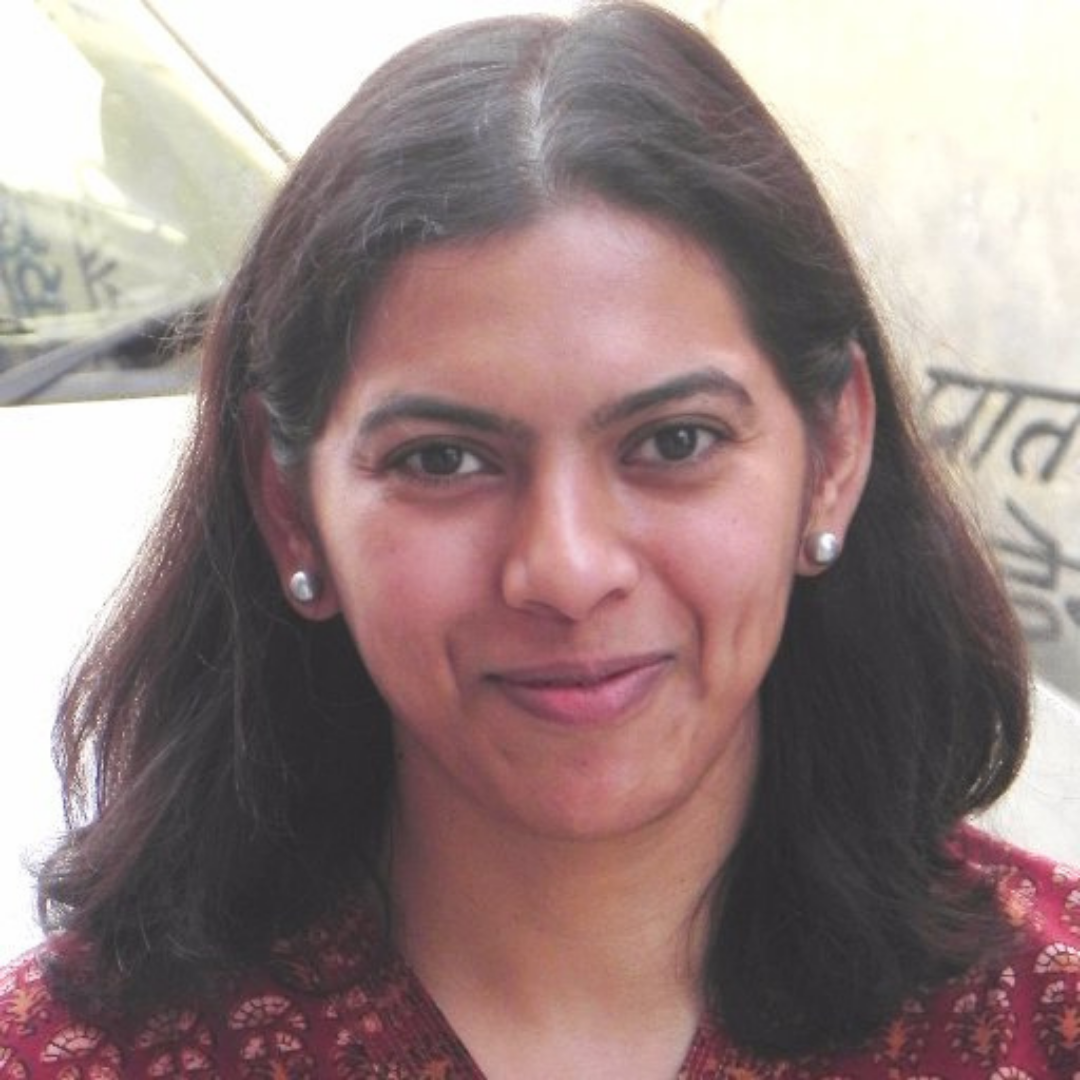 Kalpana is a member of the International Egg Nutrition Centre’s (IENC) Global Egg Nutrition Expert Group and Global Lead of Technology and Entrepreneurship at nutrition think tank, Sight and Life. She has over 15 years of experience in nutrition, food, renewable energy and global health, having worked in multi-cultural and science driven contexts fostering product, technology and business model innovation. In her current role she mobilises two of the tectonic movements that are important for the world today – technology & entrepreneurship, with a focus on food systems in Asia, sub-Saharan Africa and Latin America.
Kalpana is a member of the International Egg Nutrition Centre’s (IENC) Global Egg Nutrition Expert Group and Global Lead of Technology and Entrepreneurship at nutrition think tank, Sight and Life. She has over 15 years of experience in nutrition, food, renewable energy and global health, having worked in multi-cultural and science driven contexts fostering product, technology and business model innovation. In her current role she mobilises two of the tectonic movements that are important for the world today – technology & entrepreneurship, with a focus on food systems in Asia, sub-Saharan Africa and Latin America.
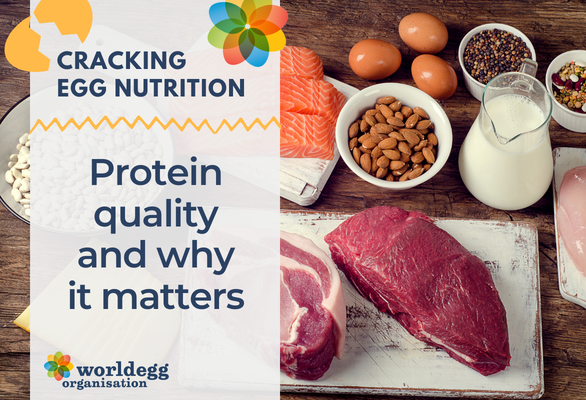
Protein quality and why it matters
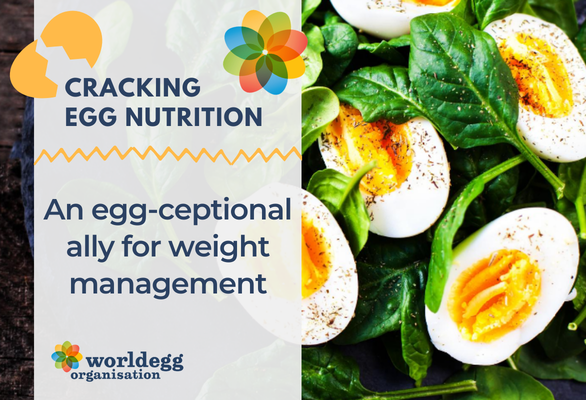
An egg-ceptional ally for weight management
